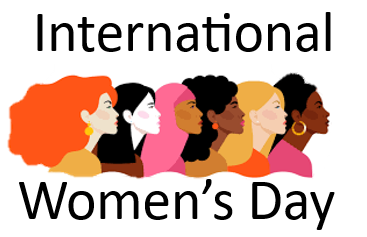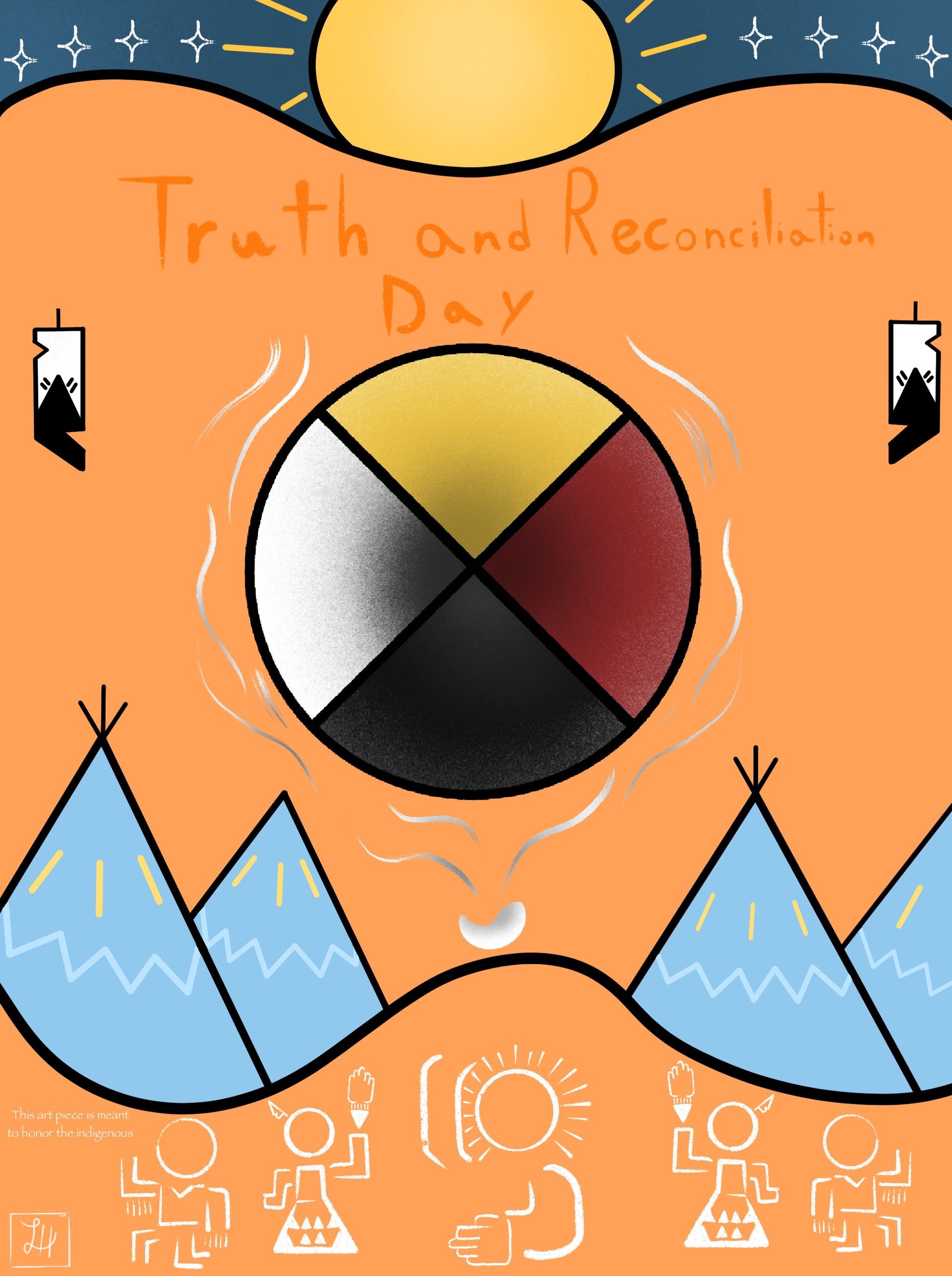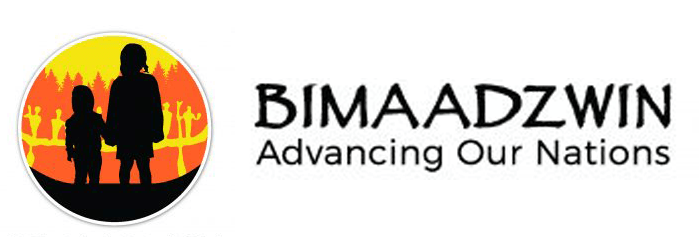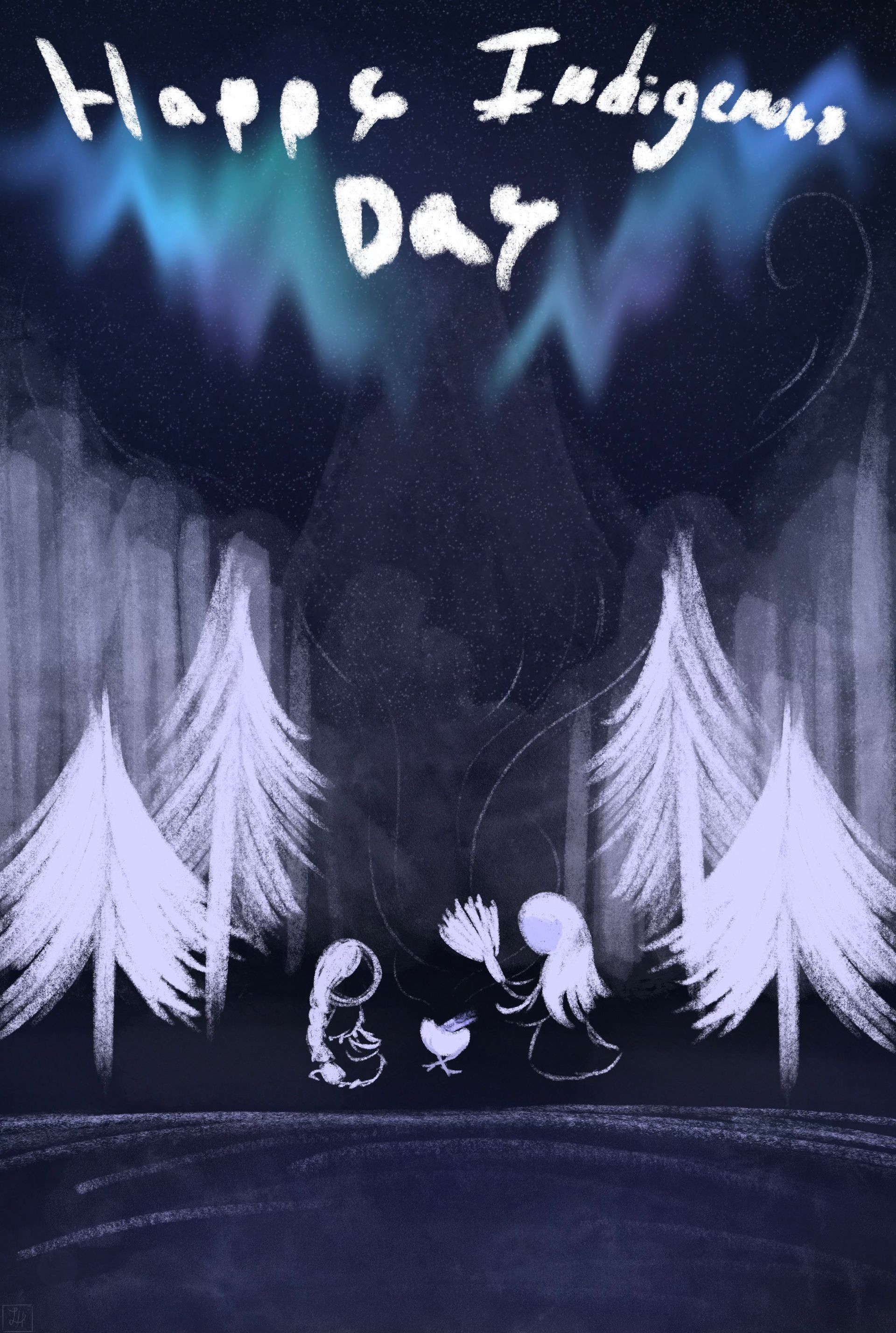International Women's Day
Empowering Futures: Celebrating International Women's Day with the Wisdom of the Seven Sacred Grandfather Teachings

Bimaadzwin acknowledges and respects the many contributions made by women in our society and our organization. On this important day, we ask that everyone pause for a moment and reflect on women's sacred and vital role in our lives, culture, communities, and families.
As we mark International Women's Day, a global celebration of women's social, economic, cultural, and political achievements, it's an opportune moment to reflect on how the wisdom of the Seven Sacred Grandfather Teachings can guide us toward a better world for everyone. Deeply rooted in Indigenous cultures, these teachings offer timeless principles that can inspire positive change and foster a more inclusive and equitable society.
Love (Zaagidwin) teaches us the importance of unconditional love and compassion. When applied to our daily lives, it encourages us to support and uplift women, recognizing their invaluable contributions and ensuring they have the opportunities to fulfill their potential. Embracing love creates a nurturing environment where every individual can thrive.
Respect (Mnaadendimowin) underscores the significance of honoring all beings and the world around us. This teaching guides us to value the voices, experiences, and rights of women equally, promoting gender equality and mutual respect in all aspects of life. It's a reminder that respect forms the foundation of a just society where everyone's dignity is upheld.
Courage (Aakode'ewin) inspires us to stand up for what is right and to advocate for change, even when faced with challenges. It calls on us to be brave in supporting women's rights, to challenge gender biases, and to work tirelessly towards dismantling barriers that hinder women's progress. Courage motivates us to be allies in the fight for equity and justice.
Honesty (Gwekwaadziwin) teaches the value of truthfulness and integrity. By being honest with ourselves and others, we can address the systemic inequalities that affect women and work towards transparent and accountable systems that support their advancement. Honesty paves the way for trust and meaningful progress.
Wisdom (Nbwaakaawin) is gained through experience and reflection. It encourages us to listen to and learn from the diverse experiences of women, valuing their insights and leadership. Wisdom guides us to make informed decisions that consider the well-being of all, leading to more inclusive and sustainable communities.
Humility (Dbadendizwin) reminds us to acknowledge our limitations and to learn from others. It teaches us that everyone, regardless of gender, has something valuable to contribute to our shared world. By practicing humility, we recognize the strength of diversity and the importance of collaboration in achieving gender equality.
Truth (Debwewin) compels us to acknowledge reality and commit to justice and equity. In honoring truth, we recognize women's challenges, celebrate their achievements, and commit to creating a world where everyone can live authentically and freely.
As we celebrate International Women's Day, let's draw inspiration from the Seven Sacred Grandfather Teachings to build a world honoring and uplifting women. By incorporating these teachings into our daily lives, we can foster a society that values love, respect, courage, honesty, wisdom, humility, and truth. Together, we can create a more equitable and compassionate world for all.
This positive reflection on the intersection of International Women's Day and the Seven Sacred Grandfather Teachings offers a roadmap for empowering women and promoting a more inclusive society.
It highlights the power of Indigenous wisdom in guiding our actions and shaping a future where everyone's contributions are valued and celebrated.
Share this post on social media


